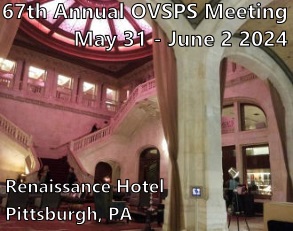<< Back to the abstract archive
'Inappropriate' Emergency Transfers for Evaluation by Plastic Surgery
Joshua A. David, Douglas Nerone, Elizabeth Moroni, Devra Becker
University of Pittsburgh Medical Center
2021-02-15
Presenter: Joshua A. David
Affidavit:
I certify that 100% of the work on this project represents the original work of the resident, and that the material proposed for presentation in this abstract has not been published in any scientific journal or previously presented at a major meeting.
Director Name: Peter J. Rubin
Author Category: Resident Plastic Surgery
Presentation Category: Clinical
Abstract Category: General Reconstruction
Purpose: Interfacility transfers for evaluation by specialists are critical components of the 'hub and spoke' healthcare model. However, not all transfers result in intervention or admission, and evidence suggests that so-called "inappropriate" transfers are influenced by non-medical factors.
Methods: Using real-time, web-based tracking software, we identified all transfer requests made to our department via provider-to-provider communication over six months. We collected and analyzed relevant information from the logs and patient charts.
Results: 107 (79.9%) of transfer requests were accepted by our surgeons. Patients were less likely to be accepted when no insurance was reported (p<0.001). Hand/upper extremity injuries comprised 81.1% of transfers. 85% arrived by ambulance, despite median distance of 30.5 miles. 13.8% of transfers required emergent surgical intervention. The remaining 75% of transfers were discharged directly from the ED. Of these, 25% received no intervention. Of those who did - nearly 85% were performed by a junior plastic surgery resident (PGY 1-3), and constituted definitive treatment in 70.2% of cases, with low complication and return to ED rates (4.3 and 9.3%, respectively). Patients not accepted for transfer had acceptable follow-up rates, and no delays in clinic appointment or outpatient surgery compared to transfers (5.1 vs 6.2 days, p=0.31).
Conclusion: Only a small proportion of emergent, interfacility transfer requests for plastic surgery benefit from specialist consultation. Furthermore, non-transfers can initiate care and receive timely follow-up and surgical intervention. Given the high direct and indirect costs associated with transfers, we must identify patients for whom transfer can increase quality of care.



